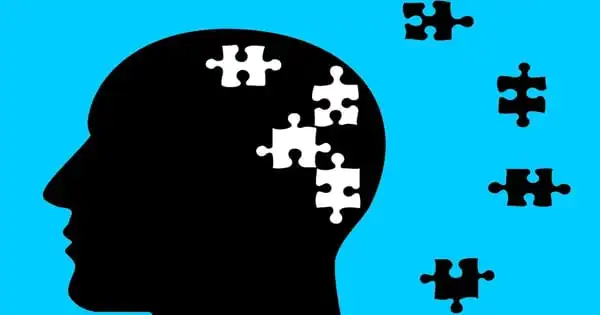It is difficult for a child who has experienced mental health issues to successfully transition into adulthood. A study found that even children with symptoms that are mild enough that they would not be diagnosed are more likely to struggle with life as adults. A new study finds that children who have cognitive issues like low attention, poor memory, or a lack of inhibition may develop mental health problems as teenagers and young adults.
Specific markers targeted in childhood for early treatment may help to reduce the risk of children developing certain psychopathological problems in adolescence and adulthood, such as borderline personality disorder, depression, and psychosis.
Cognitive deficits are common features of mental disorders and play an important role in predicting long-term prognosis; the researchers’ findings suggest that individual patterns of such deficits predate specific mental disorders.
Our study highlights the potential impact of childhood cognitive deficits on young people’s mental health, suggesting specific associations with certain conditions. It is critical to investigate the onset of mental disorders at these early stages and determine which risk factors predate these conditions and how.
Dr. Isabel Morales-Muoz
Researchers discovered a number of key and specific links between childhood cognitive problems and mental health issues in later life after analyzing data from an initial UK cohort of 13,988 individuals born between April 1991 and December 1992, namely:
- In eight-year-olds, deficits in sustained attention precede the development of borderline personality disorder (BPD) symptoms at 11-12 years and depression at 17-18 years.
- Inhibitory difficulties in eight-year-olds were linked to psychotic experiences in 17-18-year-olds; and
- Working memory deficits in 10-year-olds were linked to hypomania between the ages of 22 and 23.
The findings of an international team of researchers from the United Kingdom and Finland, led by experts from the University of Birmingham, were published today in JAMA Network Open.
Dr. Isabel Morales-Muoz of the University of Birmingham’s Institute for Mental Health and the Finnish Institute for Mental Health in Helsinki, the study’s lead author, stated, “Our study highlights the potential impact of childhood cognitive deficits on young people’s mental health, suggesting specific associations with certain conditions. Prevention strategies focused on easing these specific cognitive issues could help to reduce the likelihood of such c.”

The study was the first to look at specific links between cognitive deficits in childhood and a variety of psychopathological issues in young people over a long period of time.
Sustained attention deficits at eight years of age are associated with BPD symptoms at 11-12 years of age, which is consistent with similar deficits in adult BPD patients linked to difficulties adhering to therapy programs. Previous research has found a link between adult BPD and childhood Attention Deficit Hyperactivity Disorder (ADHD) symptoms, implying that ADHD may be a risk factor for BPD.
The study also lends support to the theory that a lack of inhibition in childhood precedes later psychotic experiences, with a lack of inhibitory control being common in psychotic disorders like schizophrenia.
Working memory deficits in childhood were linked to hypomania in young adults, but when they checked for co-occurring psychopathological conditions, this association vanished, indicating that more research is needed.
Mental disorders have a significant disease burden worldwide, with at least 10% of children and adolescents suffering from a mental disorder. Seventy-five percent of mental disorders diagnosed in adults begin in childhood or adolescence.
Bipolar disorder, depression, and psychosis are common in adolescence and continue into young adulthood, and are thought to be related to anomalies in the way adolescents mature caused by psychosocial, biological, or environmental factors.
“It is critical to investigate the onset of mental disorders at these early stages and determine which risk factors predate these conditions and how. These elements are central to mental disorders such as psychosis and mood disorders” Professor Matthew Broome, a co-author, commented.
“Cognitive function deficits in psychiatric disorders are common, ranging from decreased attention and working memory to disrupted social cognition and language. They have a significant impact on quality of life and may predate serious mental health conditions by several years” Professor Steven Marwaha, the study’s senior author, commented.





